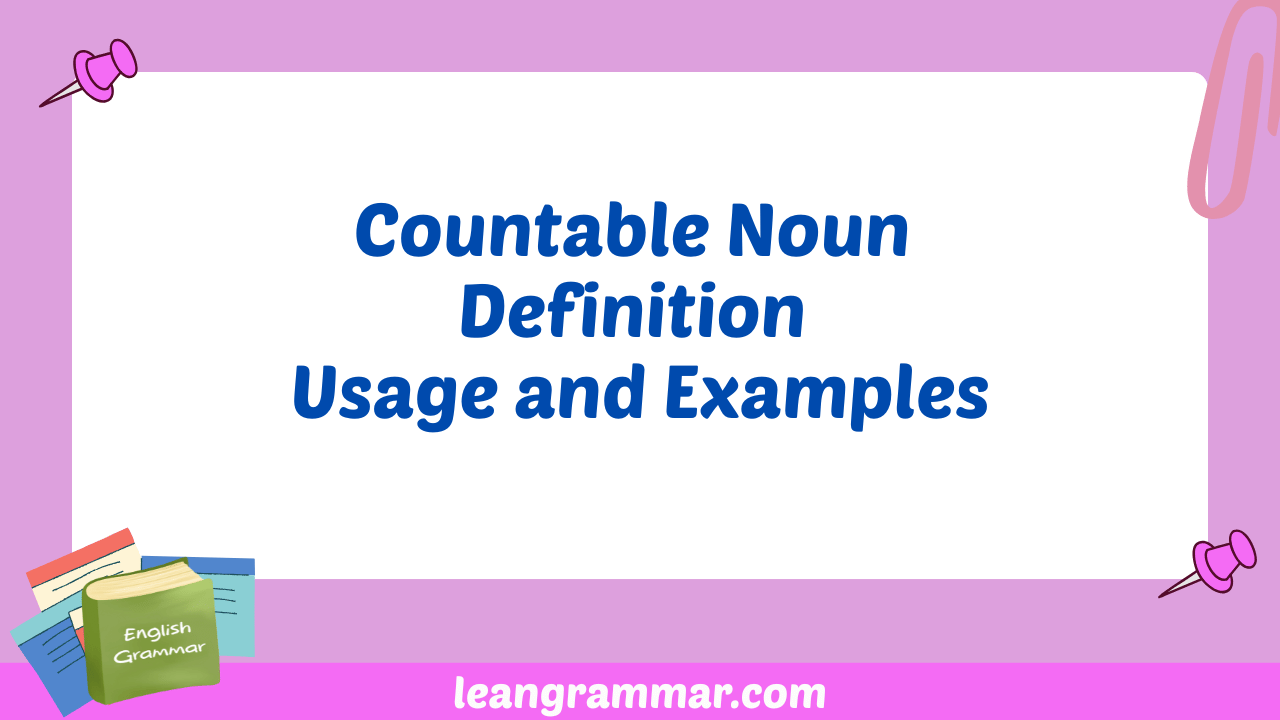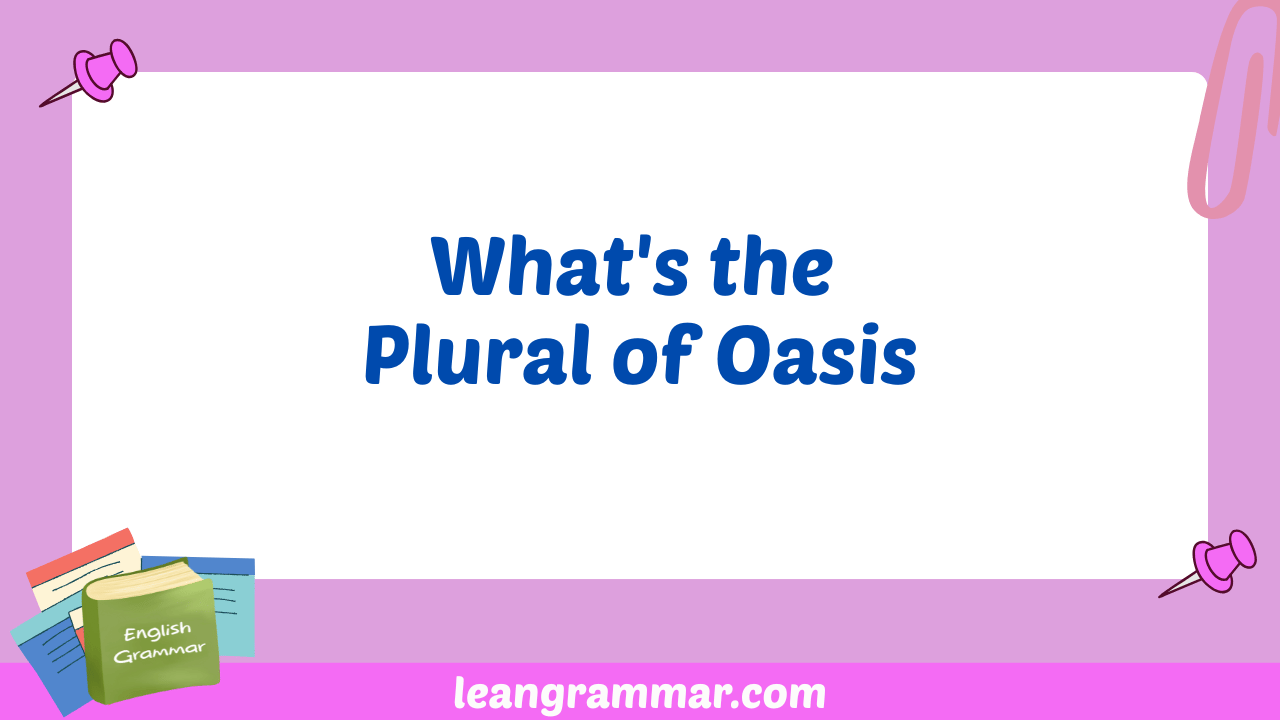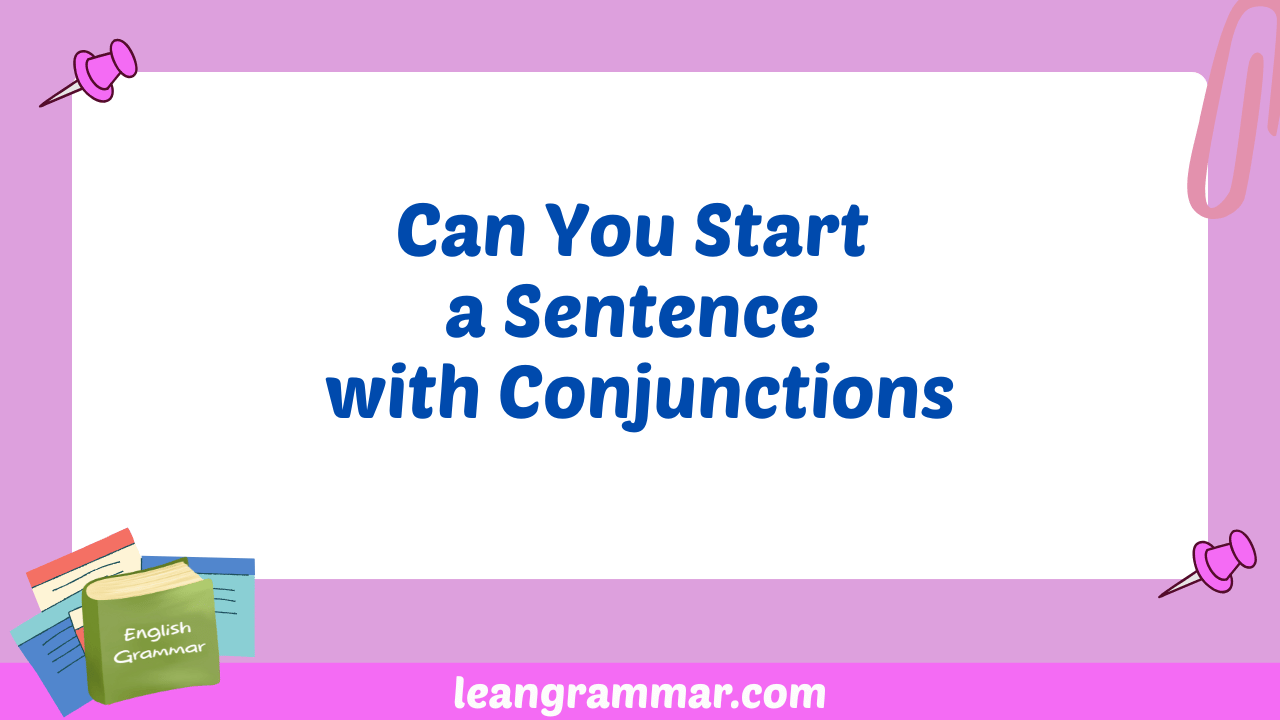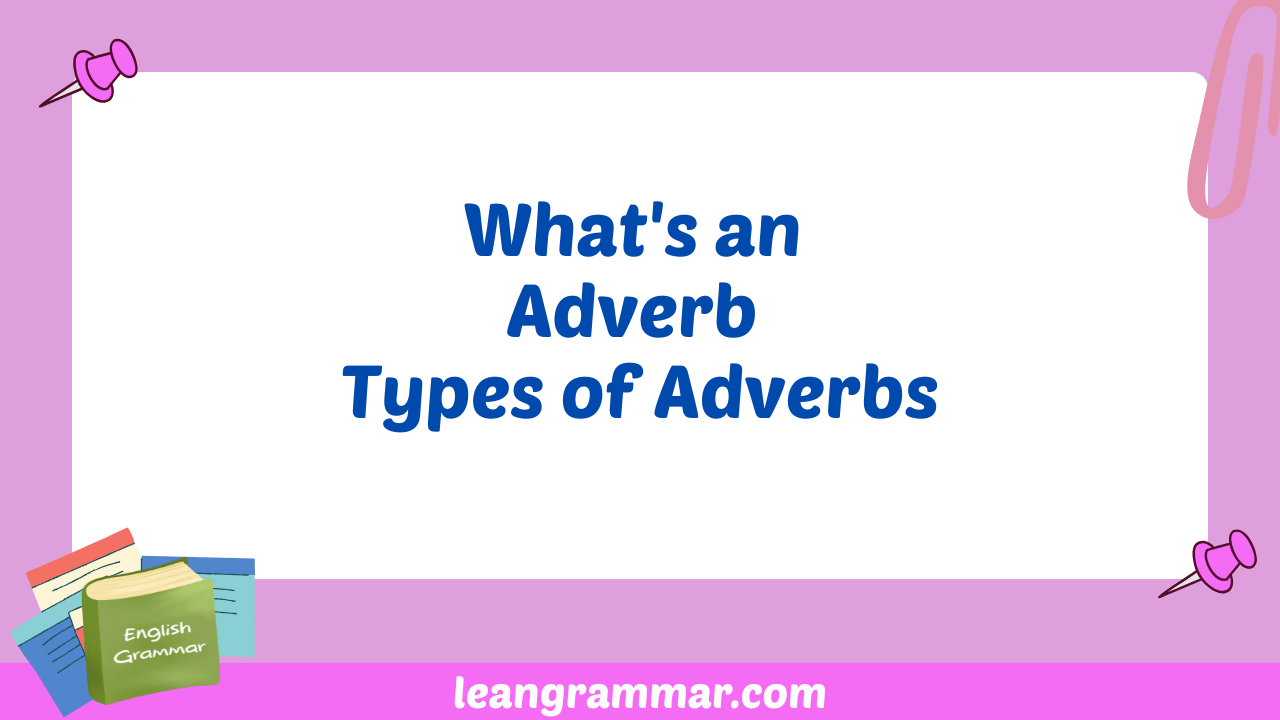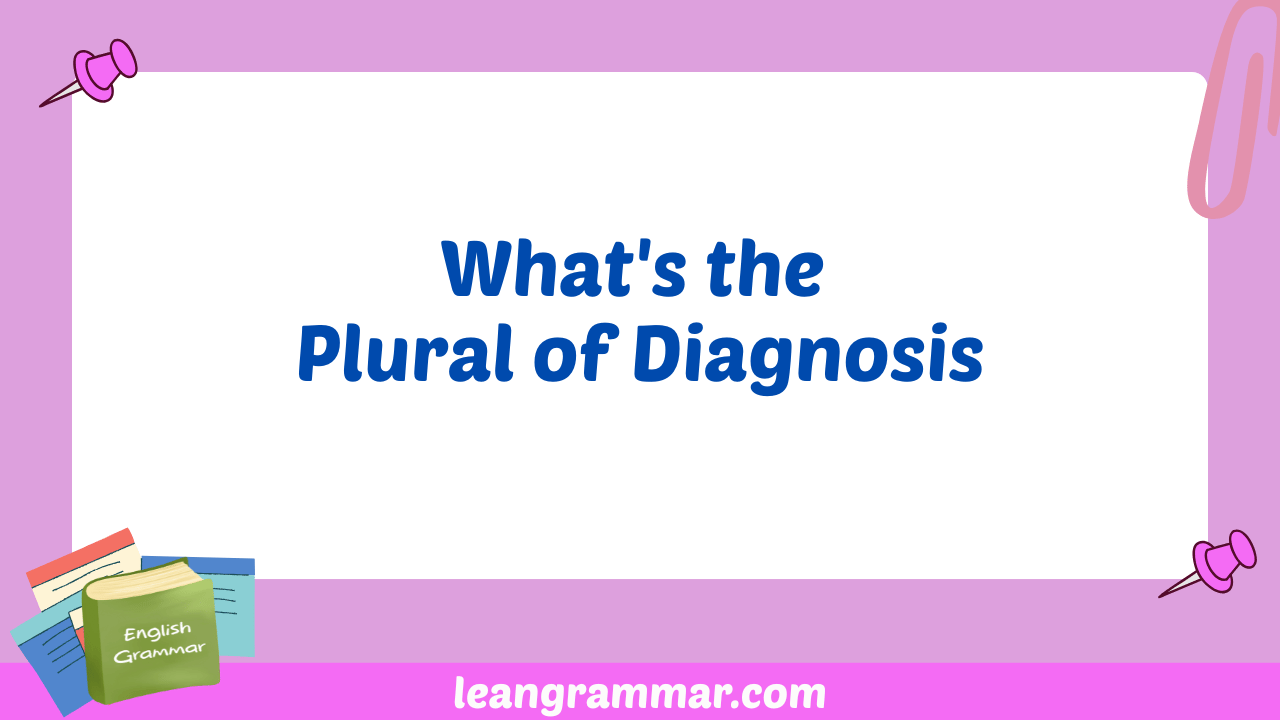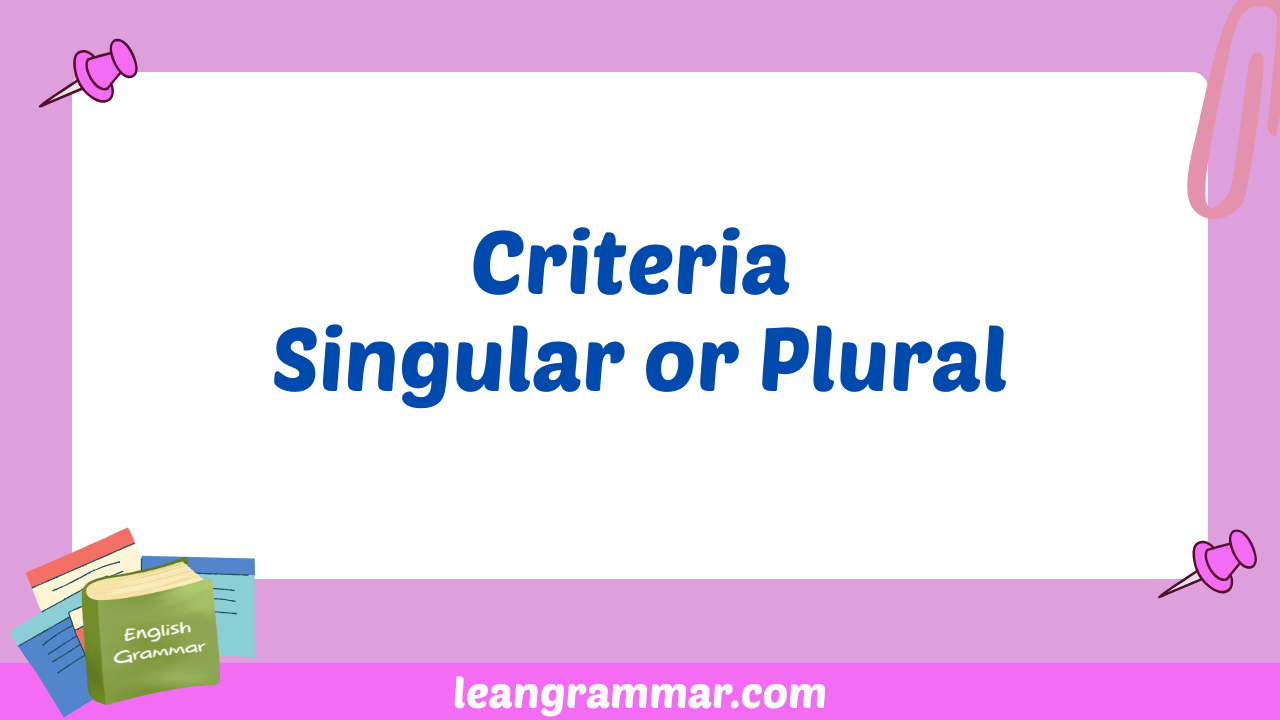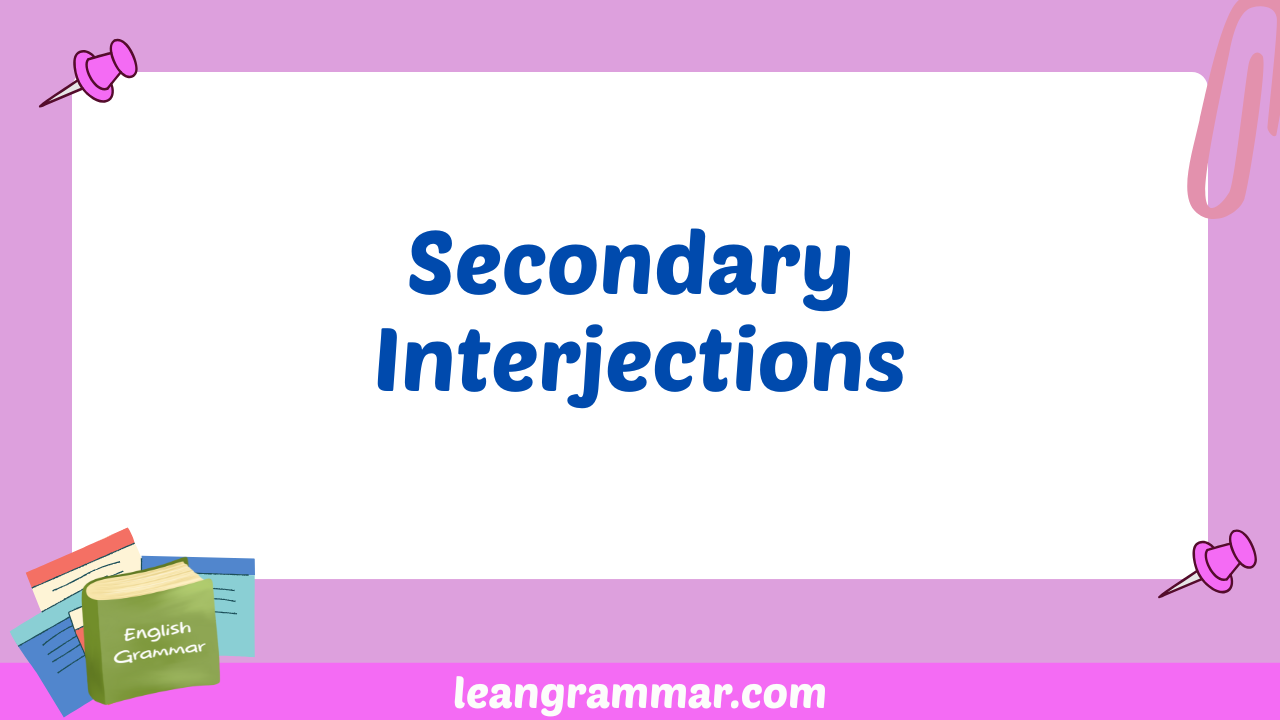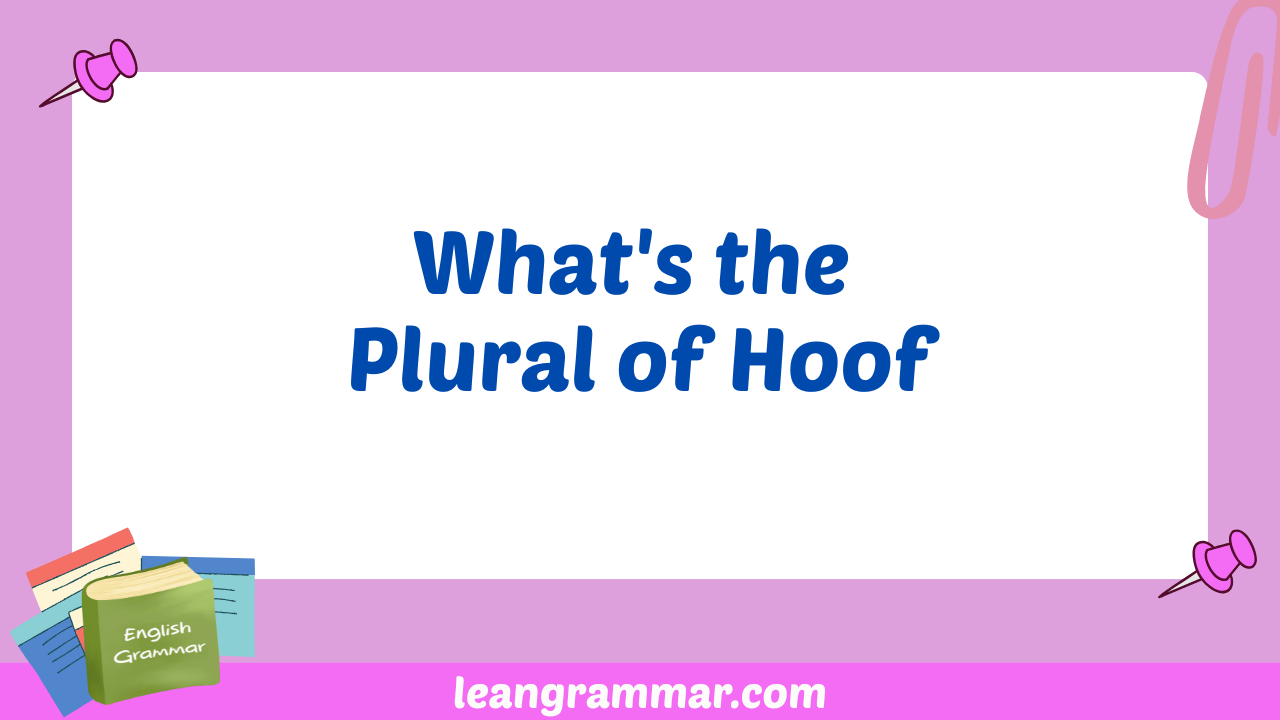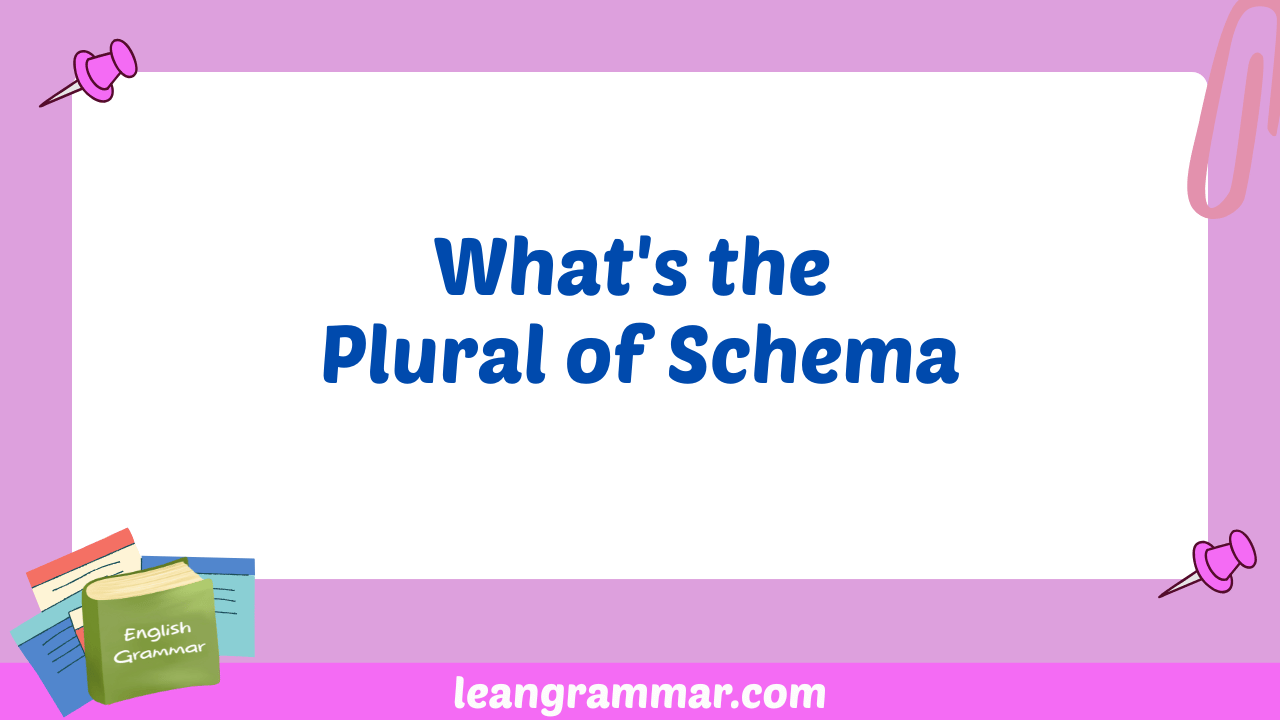Countable Nouns: Definition, Usage, and Examples
Understanding countable nouns is fundamental to mastering English grammar. These nouns, which can be counted and exist in both singular and plural forms, play a crucial role in sentence construction and meaning. This comprehensive guide will delve into the definition, structure, usage rules, and common mistakes associated with countable nouns, providing numerous examples and practice … Read more
